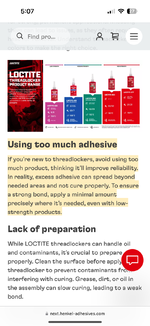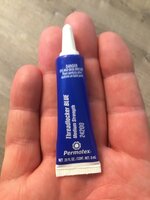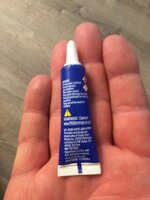- Joined
- Oct 22, 2014
- Messages
- 13,790
Wrong. You are an influencer.
Do you actually know what that term means?
It says 'Super moderator' on your title too.
I am not a moderator- that is only so that I can make and lock scope eval threads.
What you say matters, a lot. Do more research.
Do more research? You have to be trolling.
Right now there a convoy of young people heading off to the nail salon - to hold their gun together. You'll likely accept you're wrong on this someday, but this stuff be out there.
Once again- quote exactly what I stated that is wrong.
I’m sure that in the next half a million or so rounds I will have a miraculous epiphany that didn’t occur in the last half million.



